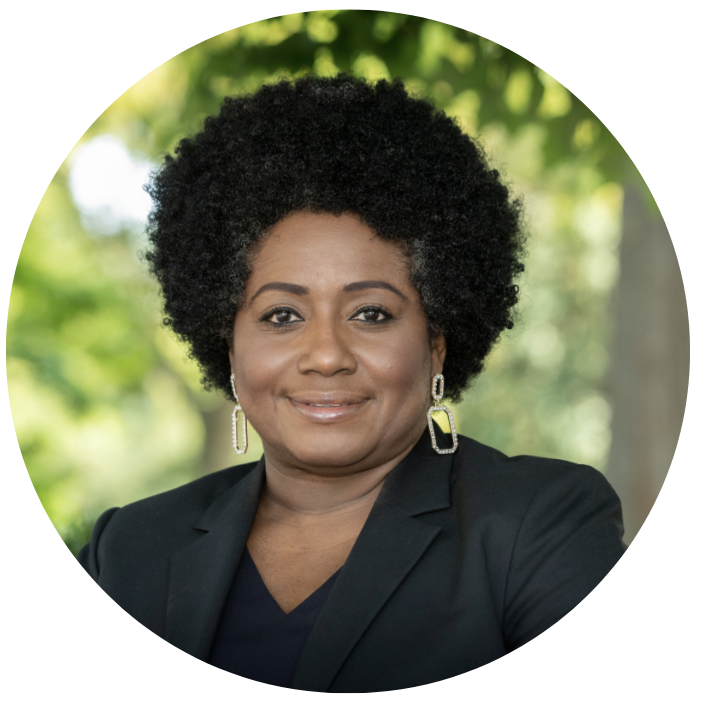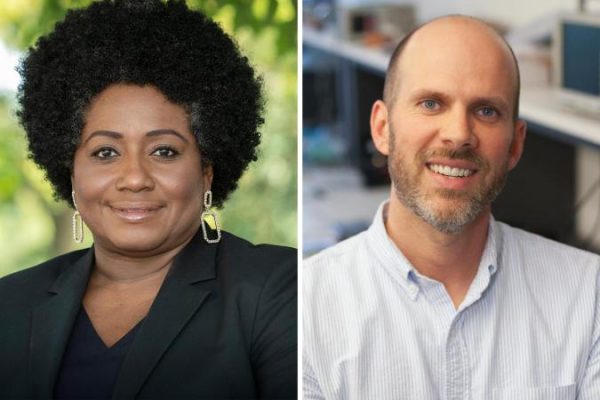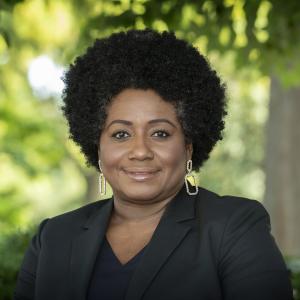The School of Data Science is committed to using data science for the public good and launched a Data Activist In Residency in 2020. The one-year position will support the exploration the social impact and ethics of data science and artificial intelligence.
Example outcomes could be a public exhibit, performance, popular press articles, a book, formation of new communities, or other work as proposed by the applicant. The ultimate goal of the data activist is an increased awareness of the role of data in society.
Responsibilities
- Residents will complete a data-oriented project as proposed in their application. This project must be publicly available in keeping with the SDS goal of Open Access.
- Residents will give one public presentation per semester. In the case of visual artists, an exhibit may replace the second public presentation.
- Residents will be active participants in SDS community, attending lectures, visiting classes, engaging with students, faculty, staff and the local community.
Meet Current Data Activist in Residence: Renée Cummings
 Renée Cummings joined the School of Data Science in 2020 as the School’s first Data Activist in Residence. She is a Criminologist, Criminal Psychologist, Artificial Intelligence Ethicist, Therapeutic Jurisprudence Specialist, and Urban Technologist. Her areas of research interests include artificial intelligence, political science, and criminology. She studies the impact of artificial intelligence on criminal justice, specifically in communities of color and incarcerated populations. Cummings also lectures on big data ethics in the MSDS program.
Renée Cummings joined the School of Data Science in 2020 as the School’s first Data Activist in Residence. She is a Criminologist, Criminal Psychologist, Artificial Intelligence Ethicist, Therapeutic Jurisprudence Specialist, and Urban Technologist. Her areas of research interests include artificial intelligence, political science, and criminology. She studies the impact of artificial intelligence on criminal justice, specifically in communities of color and incarcerated populations. Cummings also lectures on big data ethics in the MSDS program.
Data Activism Project
Cummings is leading UVA in the Public Interest Technology University Network, which is "a consortium of 43 academic institutions focused on building the field of public interest technology and preparing the next generation of civic-minded technologists."
"As a founding partner, UVA has a critical role to play, particularly at this moment,” Cummings said. “We have the ability to harness the power of the public in building justice-oriented, equitable, diverse and inclusive technology that is responsible, trustworthy and good for all.”

